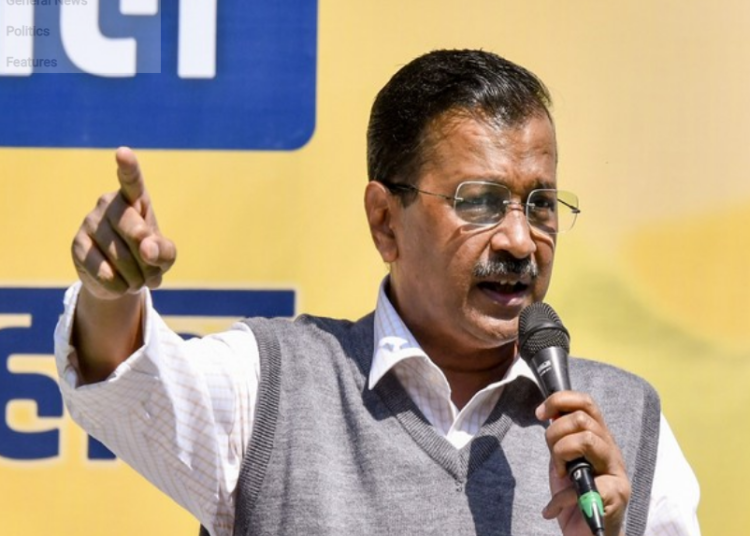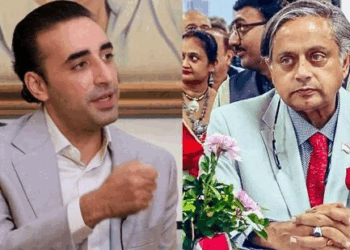The complaint, filed by a concerned citizen, alleges that AAP’s legal cell violated the sanctity of the judicial process by resorting to disruptive tactics within court premises. The protests, which erupted following Arvind Kejriwal’s arrest in a defamation case, have sparked debate over the boundaries of political activism within the judiciary.
Arvind Kejriwal, Delhi’s Chief Minister and AAP leader, was recently arrested in connection with a defamation case filed by a political opponent. The arrest sparked outrage among AAP supporters, leading to demonstrations inside and outside Delhi courts.
Critics argue that AAP’s legal cell crossed a line by politicizing court proceedings and undermining the impartiality of the judiciary. The complaint underscores the need for maintaining decorum and respect for legal processes, irrespective of political affiliations or agendas.
The incident has reignited discussions surrounding the role of political parties in legal matters and the extent to which activism should be permitted within the confines of judicial institutions. The judiciary, as a pillar of democracy, is expected to remain independent and insulated from political influence.
AAP’s legal cell has defended its actions, asserting that the protests were a legitimate expression against perceived injustice. However, the complaint raises questions about the appropriateness of such protests within court premises and their potential impact on the administration of justice.
As the complaint moves through legal channels, it is expected to prompt a broader conversation about the boundaries of political engagement within the judiciary and the need to maintain the integrity and independence of legal institutions.








 India
India












